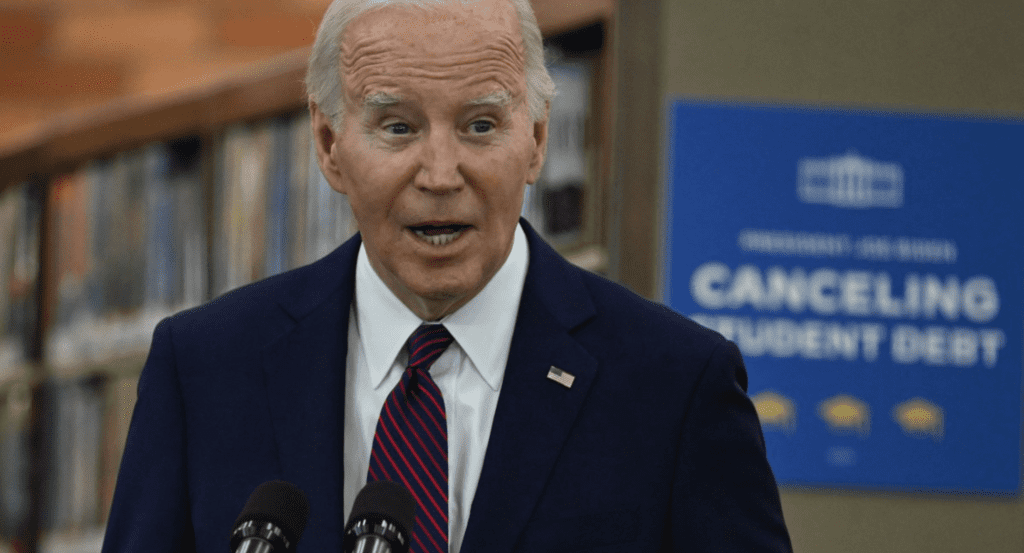U.S. President Joe Biden made a historic visit to Angola, addressing the painful legacy of slavery while unveiling a $1 billion aid package aimed at combating food insecurity and supporting humanitarian needs across Africa.
During his visit, Biden toured the National Museum of Slavery in Luanda, where he acknowledged the “horrific history” of the transatlantic slave trade that linked Angola to the United States. He described the museum as a powerful reminder of the atrocities of the past and stressed the need to confront history to build a more just future. Biden’s remarks were met with appreciation from Angolan officials, who emphasized the importance of such gestures in fostering mutual understanding.
The $1 billion humanitarian assistance package, announced during a bilateral meeting with Angolan President João Lourenço, reflects the U.S. commitment to addressing Africa’s pressing challenges. The aid will focus on alleviating food insecurity, improving healthcare infrastructure, and supporting climate resilience programs in several African countries. According to Biden, the initiative underscores the U.S. government’s recognition of Africa’s strategic importance and its role in fostering global stability.
Biden’s visit also served to strengthen ties with Angola, a key player in Southern Africa’s geopolitical landscape. The U.S. and Angola signed agreements to boost cooperation in energy, trade, and education, reflecting a mutual interest in deepening bilateral relations. Analysts view this as part of broader U.S. efforts to counter China’s growing influence in the region.
The trip marked a poignant moment for Angola, a nation deeply scarred by its historical role in the slave trade. The National Museum of Slavery, where Biden paid tribute, is located at the site where enslaved Africans were once held before being transported to the Americas. The visit has sparked conversations about the ongoing impact of slavery on African societies and their diasporas.
Biden also held talks with regional leaders on fostering stability and development in Africa. He emphasized the need for collaborative efforts to tackle global issues such as climate change, poverty, and conflict, positioning Africa as a critical partner in addressing these challenges.
Critics, however, have raised concerns about the effectiveness of foreign aid in resolving systemic issues and called for greater emphasis on empowering African nations to achieve self-sufficiency.
Biden’s Angola visit marks a significant moment in U.S.-Africa relations, blending solemn reflection on shared histories with optimism for future cooperation.




















